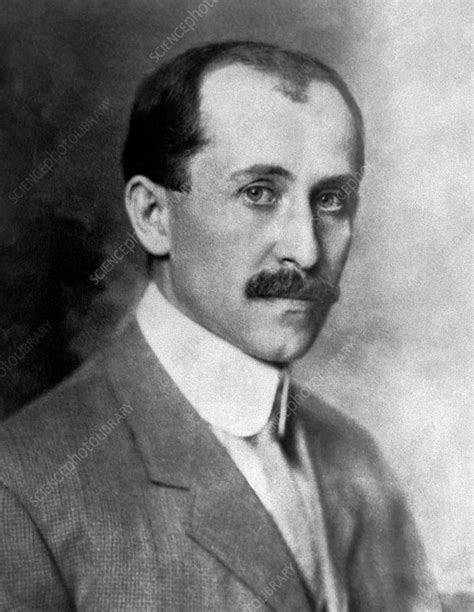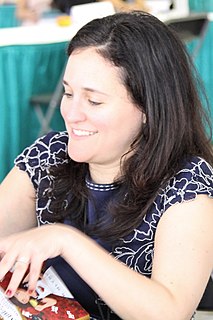A Quote by Simon Sinek
In this age of omniconnectedness, words like 'network,' 'community' and even 'friends' no longer mean what they used to. Networks don't exist on LinkedIn. A community is not something that happens on a blog or on Twitter. And a friend is more than someone whose online status you check.
Related Quotes
Twitter was an alternative community for me. A different kind of community. I knew I was making people angry. But it didn't matter, they weren't my community. But the longer I was on Twitter and the more I came to know these people, to like and respect them, the more I could see the empathy and grief and sorrow they were expressing.
Community is another such phenomenon. Like electricity, it is profoundly lawful. Yet there remains something about it that is inherently mysterious, miraculous, unfathomable. Thus there is no adequate one-sentence definition of genuine community. Community is something more than the sum of its parts, its individual members. What is this "something more?" Even to begin to answer that, we enter a realm that is not so much abstract as almost mystical. It is a realm where words are never fully suitable and language itself falls short.
When you think of a social network, you have these two-way interactions: "Are you my friend? Yes? No? Yes?" Like LinkedIn, it's business oriented, but it's all about establishing connections. You connect to me through my other connections, and that sort of thing, and you sort of define who your friends are. Twitter doesn't have that.
I got starstruck not by someone who is famous, but by someone who's famous in the miniature painting community. When I was a kid, I used to paint miniatures. There were famous people in the miniature community from forums online. I went to some big event and I saw them in real life and I was so starstruck.
I just got on Twitter because there was some MTV film blog that quoted me on something really innocuous that I supposedly said on Twitter before I was even on Twitter. So then I had to get on Twitter to say: 'This is me. I'm on Twitter. If there's somebody else saying that they're me on Twitter, they're not.'
Innumerable times a whole Christian community has broken down because it had sprung from a wish dream… Every human wish dream that is injected into the Christian community is a hindrance to genuine community and must be banished if genuine community is to survive. He who loves his dream of a community more than the Christian community itself becomes a destroyer of the latter, even though his personal intentions may be ever so honest and earnest and sacrificial.


































